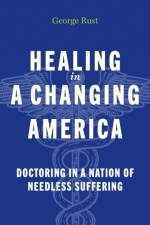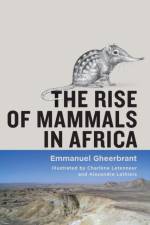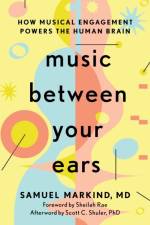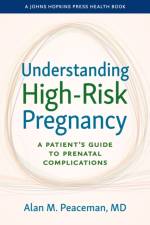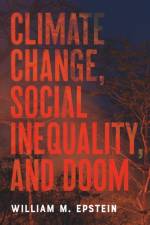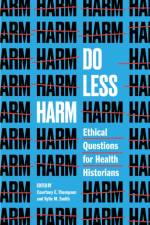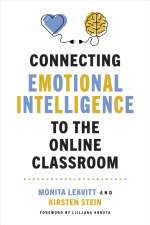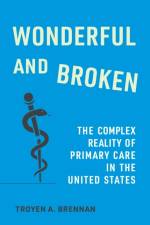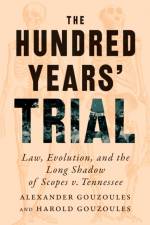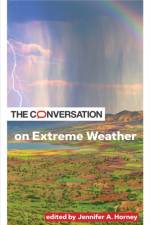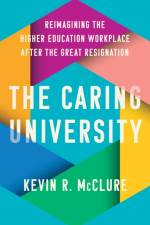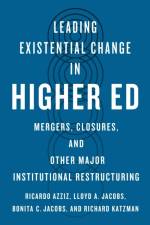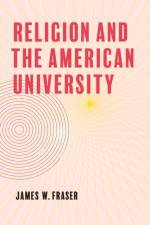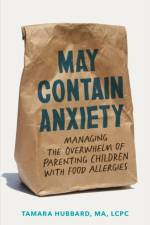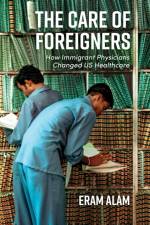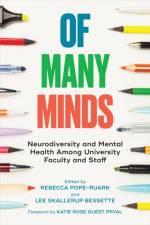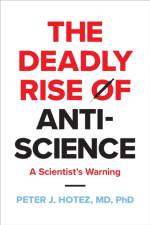av Shirley C. Strum
415,-
The amazing chronicle of a primate scientist's fifty-year journey studying baboons--and what her findings can tell us about primates, resilience, and human coexistence.In 1972, renowned anthropologist Shirley C. Strum traveled to Kenya to study the origins of human aggression through observing baboons. What Dr. Strum discovered completely defied her expectations, scientific notions about baboons, and even well-established assumptions about primate behavior writ large. In Echoes of Our Origins, Strum takes readers on an extraordinary fifty-year journey alongside baboons, creatures that transformed not just her scientific understanding, but also her perspective on life, people, nature, and evolution. Strum's groundbreaking research began when she embarked on fieldwork in Kenya. Observing the lives of these social creatures, Strum uncovered their unexpectedly complex strategies of negotiation, collaboration, and resilience in the face of adversity. From exploring the evolution of social bonds and trust in baboon society--a common idea today but not then--to confronting the consequences of human-wildlife conflict, Strum illustrates what it means to coexist with the natural world and question our role within it. With insights drawn from half a century of living among and studying baboons, Strum reflects on the delicate balance of nature and humanity, how science itself must evolve to see beyond its rigid frameworks, and how to think about evolution. This profound narrative challenges readers to look anew at not only baboons but also the very methods by which we understand the animal kingdom--and ourselves. Equal parts natural history, adventure story, memoir, and call to action, Echoes of Our Origins will engage, enlighten, and contribute to the vital conversation about our natural world and how to ensure its survival.

